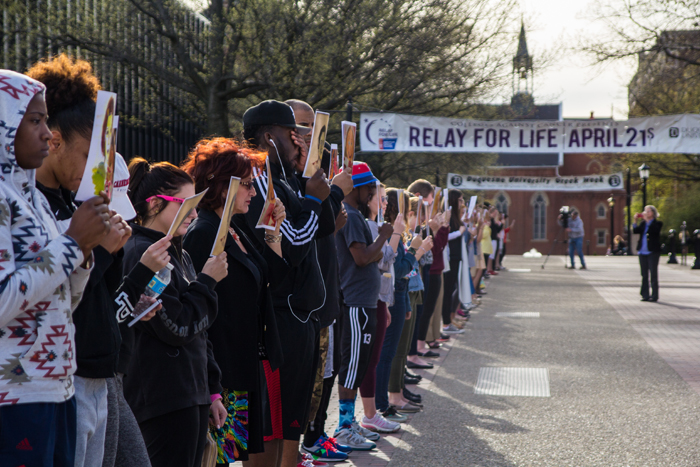
Colleen Hammond | News Editor
10/15/2020
Last Thursday, almost three months after the Duquesne’s Black Student Union published a list of formal demands, President Ken Gormley issued a response in the form of an open letter to BSU emailed to all students.
On July 27, Duquesne’s Black Student Union (BSU), in accord with a dozen other minority organizations on campus, published a document addressed to President Gormley and university administration detailing the specific changes needed to accommodate the unique struggles of minority, and specifically, Black students.
“I’ve found it to be a useful complement to the issues on which my leadership team already has been focused, and it has helped us sharpen our sense of direction,” Gormley said in his letter.
Members of the BSU crafted this extensive 12 page document that outlines “a series of action plans designed to enhance and establish a more diverse and inclusive atmosphere for all students, more specifically the Black students, at Duquesne University.”
Gormley then outlined some of the many steps Duquesne is taking as a university community to combat racism and make campus a more equitable space for all students, including the university’s first “Action Plan for Diversity, Equity and Inclusion.”
“The action plan’s task forces will involve a broad swath of university faculty, staff and students as well as any necessary and relevant outside expertise to help Duquesne confront racism, discrimination and any other kinds of racial inequalities in our community,” Gormley said.
Gormley noted in previous statements that he and his administrative team approached crafting this “action plan” in a similar manner to how they approached the “Master Plan” that outlined new protocols for students for the fall 2020 semester.
In addition to the action plan, Gormley instituted the President’s Advisory Council for Diversity and Inclusion back in 2018. Despite the university’s best efforts, members of BSU, and their accompanying organizations, felt this still was not enough to ensure the safety, equity and equality of all students.
In his letter, Gormley addressed these areas of needed improvement, specifically in BSU’s desire for increased accountability for students, faculty and staff who commit acts of racism, including less recognizable micro-aggressions.
“The action plan approach itself sets an expectation for accountability. It will produce a public plan and statement of our intent, and the work we’ll undertake will identify how such accountability is developed and achieved,” Gormley said.
In their initial statement, BSU demanded university administration create an anonymous system for reporting acts of racism and discrimination on campus. Although Gormley stated his intention for increased accountability, he did not specify if this is a change the university will be adopting and implementing.
“We currently are reviewing the disciplinary processes and procedures for discrimination as well as options for our reporting system. However, while accountability and reporting are important, the system must also make it possible for educational and restorative work to occur,” Gormley said.
Additionally, Gormley announced the introduction of the “Bias Response Team,” (BRT) a non-conduct based campus team that will address a number of the demands in the BSU’s letter.
While many of BSU requests were not directly addressed, Gormley reaffirmed the campus’s commitment to diversity, equity and inclusion.
“Hearing or reading about students being routinely excluded from activities, bearing the impact of insensitive or hostile acts and communications, or feeling their organizations are viewed as secondary or ‘lesser than’ others is a clear indicator that our communications and practices need to improve,” Gormley said.



